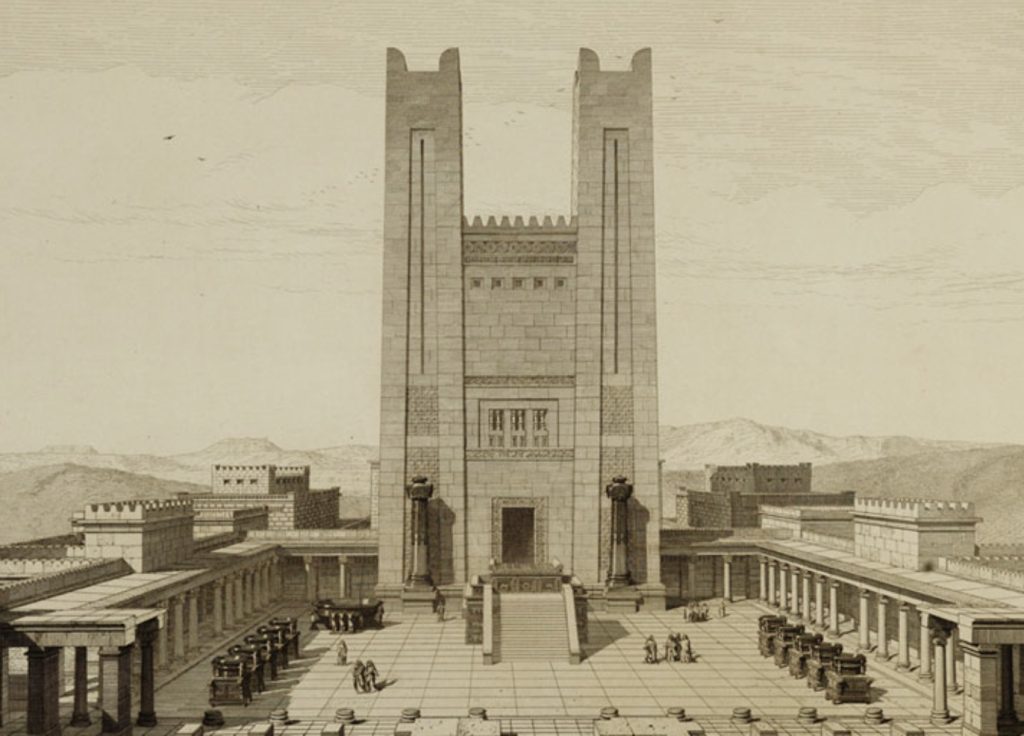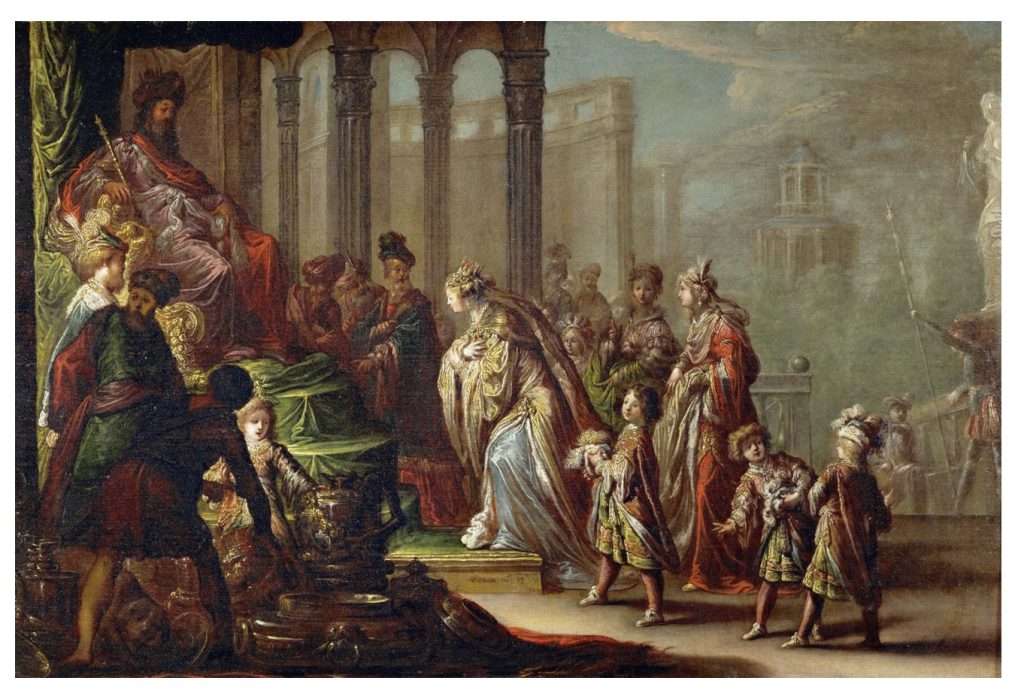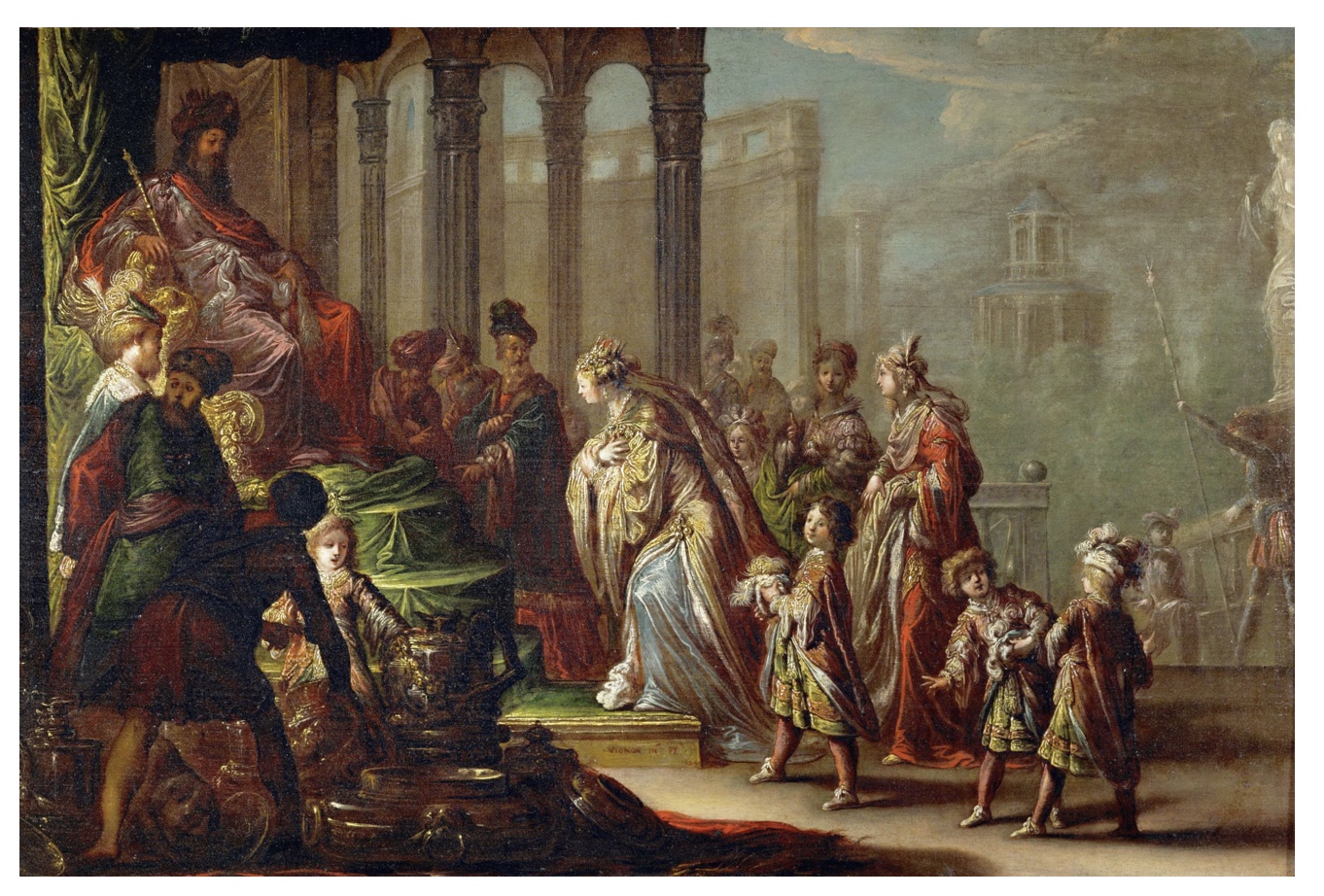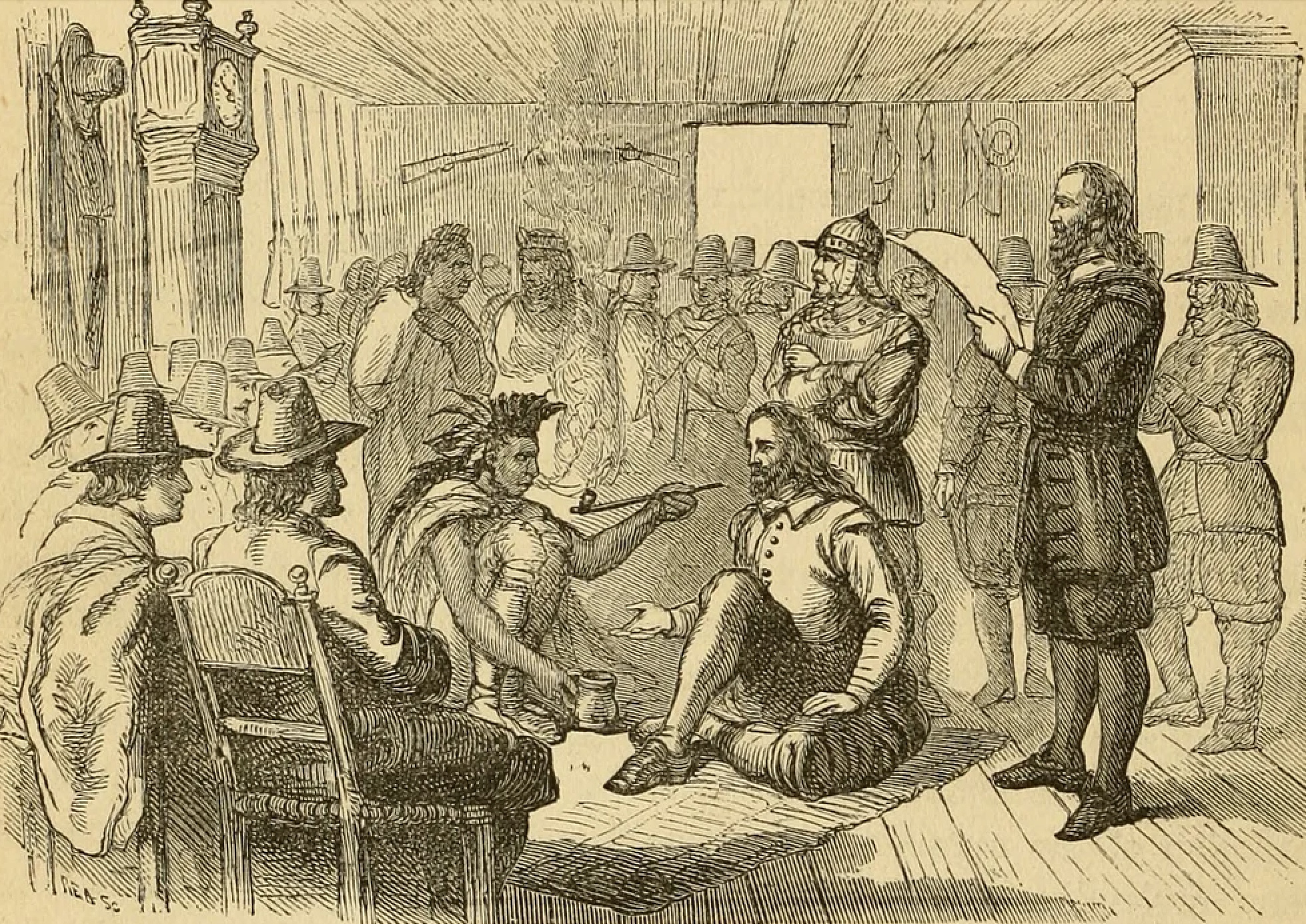Introduction
When we think of wisdom and wealth, few figures in history stand out like King Solomon, one of the most famous kings in ancient Israel. Revered in Jewish, Christian, and Islamic traditions, Solomon’s kingdom was filled with interesting divine stories, legendary judgements, and unparalleled wealth. Let’s take a deep dive into his exciting story.

King Solomon’s Gift of Wisdom
Son of King David and his wife Bathsheba, Solomon became the king of Israel at about 970 BC following his father’s death. In the Bible, Solomon is believed to have been gifted with wisdom from God. When he was still young as a king, God appeared to him while asleep and told him to ask whatever he would wish for.
The wise king instead went for an understanding heart to be able to judge people correctly and know which is good or bad. Consequently pleased by that request, God gave him wisdom that no one else had ever had before as well as riches and honor. This wisdom has made Solomon a legend renowned for deep insights and smart judgments.
King Solomon’s wisdom is visible through the wide range of subjects on which he wrote thousands of proverbs and songs covering topics such as nature, human behavior, and many more.
In addition to his study in botany, otherwise known as plant biology; zoology, also termed animal biology, as well as in philosophy, Solomon was a renaissance man long ahead of time since times before the European Renaissance.
His palace served as an academic center where scholars came from different parts of the world with their poems or papers in search of the revelation from King Solomon.
Also, King Solomon’s account in the Bible of his wisdom highlights his competence as an administrator. He divided the kingdom into well organized administrative districts and ensured that there were no blockages during resource flow, thus improving governance.
The era of King Solomon was characterized by peace and prosperity credited mainly to his sage judgment. Apart from governance, he had a wise diplomacy that saw him make marriages with other nations and sign pacts with them which further secure and enrich his nation.
King Solomon’s Legendary Judgements

One of the most famous stories that demonstrates Solomon’s astuteness is the Judgment of Solomon, a tale which has crossed religious boundaries to become a universal symbol for justice. It’s said that two women went to him with a baby and both claimed to be the mother. In an astonishing demonstration of his cleverness, Solomon suggested cutting the baby in half so that each woman could take her share of it. The real mother immediately offered to give up her claim in order to save the life of the child thus revealing herself. This story is just one among many others that underscore Solomon’s keen sense of justice and understanding.
Solomon’s ruling was full of decisions such as this one which were influenced by his wisdom and fairness. His legal system aimed at delivering justice for everyone from rich and influential people, to those who are poor and have no say in society. His judgments usually involved intricate cases where his ability to see beneath the surface was very important in making sure fair judgments are reached.
In addition, what made Solomon’s brand of justice different from other judges is how accessible it was. He found time for his subjects hearing their complaints before settling their disputes himself.
He made himself available to his people, listening to their grievances and resolving disputes personally. This not only reinforced his image as a wise and caring ruler but also helped maintain social harmony within his kingdom.
The Judgment of Solomon and other similar stories emphasize the importance of empathy, understanding, and moral integrity in leadership. Solomon’s legacy in the realm of justice serves as a timeless reminder of the values that underpin a fair and just society. His judgments were not just about legal decisions but also about upholding the principles of compassion and righteousness.
King Solomon’s Meetings with Queen of Sheba

The Queen of Sheba visit to the palace of King Solomon’s is one of the biggest stories from his reign as king. An absolute classic tale shrouded in mystery and grandeur, captured in the Hebrew Bible, the Quran, and a few other historical texts – sometimes with their own spin on what went down.
Basically, the Queen of Sheba had heard how famously wise and brilliant Solomon was, so she decided to pay him a visit and really put him to the test with some hard-hitting questions. But she came bearing some seriously lavish gifts too – gold, spices, precious gems, the whole nine yards.
The way historians see it, this meetup was a huge diplomatic exchange between two absolute powerhouse kingdoms at the time. The Queen’s palace, thought to be located around modern Yemen or Ethiopia, was loaded with wealth from all its trade routes and riches. Her going to Solomon’s court showed mad respect for his wisdom, but also recognized how prosperous and influential Solomon’s own kingdom had become.
According to the Bible, the Queen was just blown away by how wise Solomon really was and how lavishly he lived. She was singing praises to God for putting such a smart ruler on the throne, acknowledging what a blessed reign he had. So it symbolized this exchange of knowledge and affluence between great powers, highlighting how interlinked these ancient civilizations were through diplomacy and commerce.
Then in Islamic tradition, the story of Solomon and the Queen of Sheba, known as Bilqis, was also highlighted. The Quran says a hoopoe bird told King Solomon about her kingdom first, so he invited her to recognize the one true God. It emphasizes his prophetic role and wisdom in spreading divine truth.
The whole encounter captured people’s imaginations for ages. You’ve got countless works of art, literature, folklore inspired by it over the years. It’s like a timeless symbol of the allure of wisdom, wealth, and that unquenchable thirst for knowledge. Even today, this ancient meetup is guaranteed to spark people’s curiosity and sense of wonder.
King Solomon’s Legacy in Jewish, Christian and Islam Tradition
King Solomon’s legendary status has made him a major figure across Judaism, Christianity, and Islam – the big three Abrahamic faiths. Each religion highlights different aspects that fit their beliefs and cultural lenses.
For Jews, he’s the wise king who built the famous King Solomon Temple in Jerusalem, solidifying the kingdom during a golden age of prosperity and peace.
Christians see him as a symbol of divine wisdom, with Jesus himself referencing Solomon’s smarts – his biblical writings on wisdom, human nature, and love had a huge influence too.
Meanwhile, in Islam, Solomon’s viewed as an actual prophet gifted with supernatural abilities like talking to animals and commanding jinn. The Quran tales depict him as a just ruler serving God, upholding virtues like wisdom, piety and righteous leadership.
So whether it’s his grand Temple, his profound writings, or his prophetic miracles, Solomon’s multi-layered legacy has given him an enduring cross-cultural significance as someone who personified the noble pursuit of wisdom and understanding.
King Solomon’s Stories in Jewish Tradition
In the Jewish faith, King Solomon is an absolute legend whose life story gets lovingly detailed in the Hebrew Bible and rabbinic texts.
His incredible wisdom, mind-boggling wealth, and architectural feats like building the First Temple in Jerusalem have spawned an endless supply of tales and interpretations over the centuries, cementing him as one of the most celebrated figures in all of Jewish history.
You’ve got the Talmud filled with juicy stories about his supposed wisdom-exchanging meetup with the Queen of Sheba, who some legends claim even converted to Judaism afterwards.
Then there’s his crowning achievement – constructing that magnificent King Solomon Temple which became the sacred center of worship for the Jewish people, housing holy relics like the Ark of the Covenant.
Rabbinic writings explore how he’d solve complex legal cases, compose deep proverbs, debate scholars, and showcase encyclopedic knowledge of nature.
But they don’t gloss over his human flaws either – his later struggles with political turmoil and personal failings serve as cautionary tales about arrogance. Even so, Solomon symbolizes the ideals of profound wisdom, righteous justice and devotion to God.
King Solomon’s Stories in the Bible Tradition
The Bible gives us the full scoop on King Solomon – from getting crowned to kicking the bucket. Those books of Kings and Chronicles are like an all-access pass to his life, laying out in detail his crazy wisdom, ridiculous wealth, and long list of accomplishments.
But these aren’t just dry historical accounts, they pack in all kinds of moral and spiritual lessons that shaped Jewish and Christian thought for ages. We’re talking iconic stories showcasing his legendary smarts, like that famous baby judgment that became the ultimate symbol of his genius for solving ethical dilemmas.
Then, you’ve got a whole Bible book of wisdom writing credited to him – Proverbs dishing out life advice on everything from relationships to ruling a kingdom, Ecclesiastes getting philosophical about the meaning of it all, and Song of Solomon celebrating love and desire. His crowning glory was building that breathtaking First Temple as the sacred center of Jewish worship.
But the Bible keeps it real too, documenting how his final years went off the rails with political chaos, idolatry slip ups, and personal failings – a sober reminder that even for the greatest of kings, staying righteous ain’t easy.
King Solomon’s Stories in the Quran
In the Quran, Solomon (Sulaiman) is depicted as a total boss – a prophet with mad supernatural powers and heavy responsibilities.
His story gets woven into the bigger narrative of Islamic teachings, holding him up as the ultimate example of a righteous servant of God and wise leader.
The Quran goes all-in describing his insane abilities, like being able to talk to animals (remember that hoopoe bird that tipped him off about Sheba’s kingdom?) and command jinn spirits to do his bidding for massive construction projects.
His standout moment is inviting the Queen of Sheba to submit to the one true God, which she ends up doing after witnessing his prophetic wisdom firsthand.
But beyond the miracles, Solomon’s judgments and decisions are presented as pure divine insight, upholding justice, compassion and true piety.
Even with all his power and wealth, he stays humble, acknowledging it all comes from God’s grace.
His story reminds believers that worldly success is fleeting – keeping faith and devotion to the Almighty is what truly matters.
Riches Beyond the Imagination: The Wealth of King Solomon
Solomon’s reign was marked by legendary wealth and prosperity that has been vividly chronicled in biblical and historical accounts. He amassed vast riches comprising gold, silver, and precious gems, an accumulation signifying not just his successful governance but the divine favor bestowed upon his rule.
This immense fortune arose from diverse sources – tributes from neighboring kingdoms seeking his famed wisdom, extensive trade expeditions to distant lands like Ophir which brought back lucrative goods, and an efficient management of resources.
Solomon’s wealth manifested in the grandeur of his court’s opulence – his palace a marvel of architecture adorned with fine materials and craftsmanship, and the magnificent Temple in Jerusalem constructed with only the finest offerings like cedar, gold and gems.
Even his daily life exuded extravagance, with lavish feasts and a large retinue attending to affairs of state. The sheer scale is illustrated by the hundreds of talents of gold, amounting to tons, that he received annually as tribute.
Yet Solomon’s true wealth transcended material riches – it was reflected in the peace, stability and economic progress his wise and just reign brought to the kingdom, solidifying his legacy as one of history’s greatest sovereigns.
Building the Temple: King Solomon’s Architectural Marvel
One of Solomon’s crowning achievements was the construction of the First Temple in Jerusalem, an architectural masterpiece that became the sacred center of worship for the Israelites.
This monumental seven-year undertaking is vividly detailed in the Bible, highlighting its grandeur, intricate planning, and profound religious significance. The building process was an immense feat, requiring vast resources and skilled labor – Solomon even enlisted help from King Hiram of Tyre who provided cedar wood and expert craftsmen. Only the finest materials like cedar, gold, silver and precious stones were used, with the Temple’s design meticulously laid out according to specific dimensions, decorations and furnishings described in scripture.
Beyond its architectural brilliance, the Temple housed the holy Ark of the Covenant, symbolizing God’s presence among His people, making it the focal point of Jewish religious identity and worship practices. Its dedication was a momentous occasion marked by prayers, sacrifices and divine manifestations.
The Temple solidified Jerusalem’s status as the spiritual and administrative capital, unifying the twelve tribes under one central place of worship – a crucial factor in maintaining stability and reinforcing Solomon’s authority over the kingdom. Although eventually destroyed, the legacy of this remarkable Temple endured for centuries as a powerful symbol of Jewish faith, influencing worship traditions to this day as a testament to Solomon’s vision and lasting impact.
King Solomon’s Many Wives: Love, Politics, and Intrigue
Solomon’s many marriages, numbering 700 wives and 300 concubines according to biblical accounts, were as much strategic political alliances as romantic unions.
Marrying foreign princesses was a common practice for ancient kings to forge alliances with neighboring nations, ensuring peace, cooperation and stability for their kingdoms.
These marriages allowed Solomon to maintain prosperity and security during his reign while focusing on ambitious building projects and administrative reforms.
However, the influx of foreign cultures and religions brought significant challenges. Many of his wives practiced different faiths, leading to the accommodation of pagan deities and rituals which undermined Israel’s strict monotheism and fueled idolatry.
Managing a vast harem with potential rivalries and power dynamics required great diplomatic skill. While creating a cosmopolitan atmosphere, the presence of so many foreign wives and their entourages posed risks to religious and cultural unity.
The long-term consequences extended beyond Solomon’s lifetime, as the seeds of division sowed by religious syncretism contributed to the eventual split of Israel into northern and southern kingdoms after his death, underscoring how his personal choices impacted the political and religious landscape.
The Lessons from King Solomon’s Later Years
Solomon’s later years stood in stark contrast to the prosperity and wisdom that defined his earlier reign, offering valuable insights into the complexities of leadership and the dangers of excess.
Despite his immense wealth and sagacity, growing discontent arose from burdensome policies like heavy taxation to fund his ambitious building projects and the religious tensions caused by accommodating foreign wives’ pagan practices – seeds of division that ultimately led to the kingdom’s split after his death.
His accumulation of vast power and riches may have bred a sense of invulnerability, leading to decisions deviating from the principles of justice and humility that initially guided him, as the Bible recounts his heart being turned away from God – a cautionary tale about the spiritual pitfalls of unchecked success.
Yet through his flaws and failures, Solomon’s life offers a nuanced portrait highlighting the enduring value of wisdom and humility in the face of human complexities. His story underscores that true wisdom involves not just amassing knowledge but navigating life’s challenges with integrity, serving as a poignant reminder to leaders to remain grounded in core values and principles.
Conclusion
King Solomon’s life is a rich tapestry of wisdom, wealth, and complex human experiences. His story continues to inspire and teach us about the value of wisdom, the impact of leadership, and the timeless pursuit of understanding. Whether through his judgements, his writings, or his legendary wealth, Solomon remains a figure of enduring fascination.
FAQs
What is King Solomon most famous for?
King Solomon is most famous for his extraordinary wisdom, wealth, and the construction of the First Temple in Jerusalem.
How did King Solomon gain his wisdom?
According to biblical accounts, Solomon gained his wisdom as a divine gift from God, granted in response to his humble prayer for an understanding heart to govern his people.
What were the major achievements of King Solomon’s reign?
Major achievements of Solomon’s reign include his wise judgments, vast wealth, extensive building projects, and successful diplomatic relationships.
How is King Solomon viewed in different religious traditions?
In Judaism, Solomon is revered as a wise king and temple builder. Christianity views him as a symbol of divine wisdom, while Islam regards him as a prophet with extraordinary abilities.
What can we learn from King Solomon’s story today?
King Solomon’s story teaches us about the importance of wisdom, the complexities of leadership, and the timeless value of seeking understanding and balance in life.










